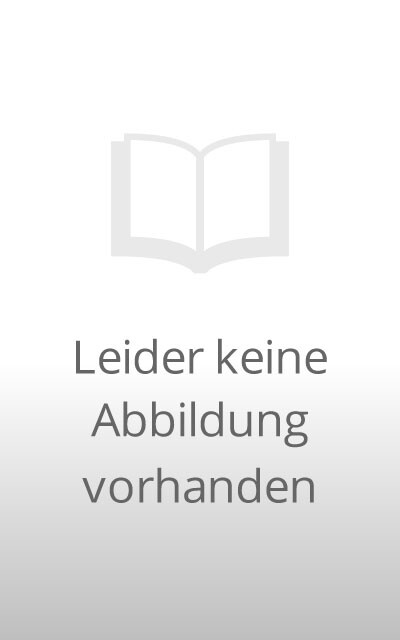
Zustellung: Sa, 13.09. - Mi, 17.09.
Noch nicht erschienen
VersandkostenfreiBestellen & in Filiale abholen:
In this innovative analysis of German elementary education, Katharine Kennedy uses textbooks, curricula, and pedagogical texts to trace continuities and changes in the lessons taught in the elementary schools of Wilhelmine, Weimar, and Nazi Germany. Children in all three periods were exposed to recurring texts that reinforced attachment to God, region, and fatherland. However, they also encountered evolving symbols of the nation and shifting ideas about the identity of Germany and the German people. By blending lessons on Hitler, race, and heredity with traditional narratives, Nazi education conveyed its ideology under the cloak of virtue, patriotism, and normality. It provides a compelling example of how a dictatorship manipulates religion and tradition to legitimize a brutal, lawless, and racist regime.
Produktdetails
Erscheinungsdatum
01. September 2025
Sprache
englisch
Seitenanzahl
372
Autor/Autorin
Katharine Kennedy
Verlag/Hersteller
Produktart
gebunden
ISBN
9781836951285
Entdecken Sie mehr
Bewertungen
0 Bewertungen
Es wurden noch keine Bewertungen abgegeben. Schreiben Sie die erste Bewertung zu "German Elementary Education from 1890 to 1945" und helfen Sie damit anderen bei der Kaufentscheidung.










